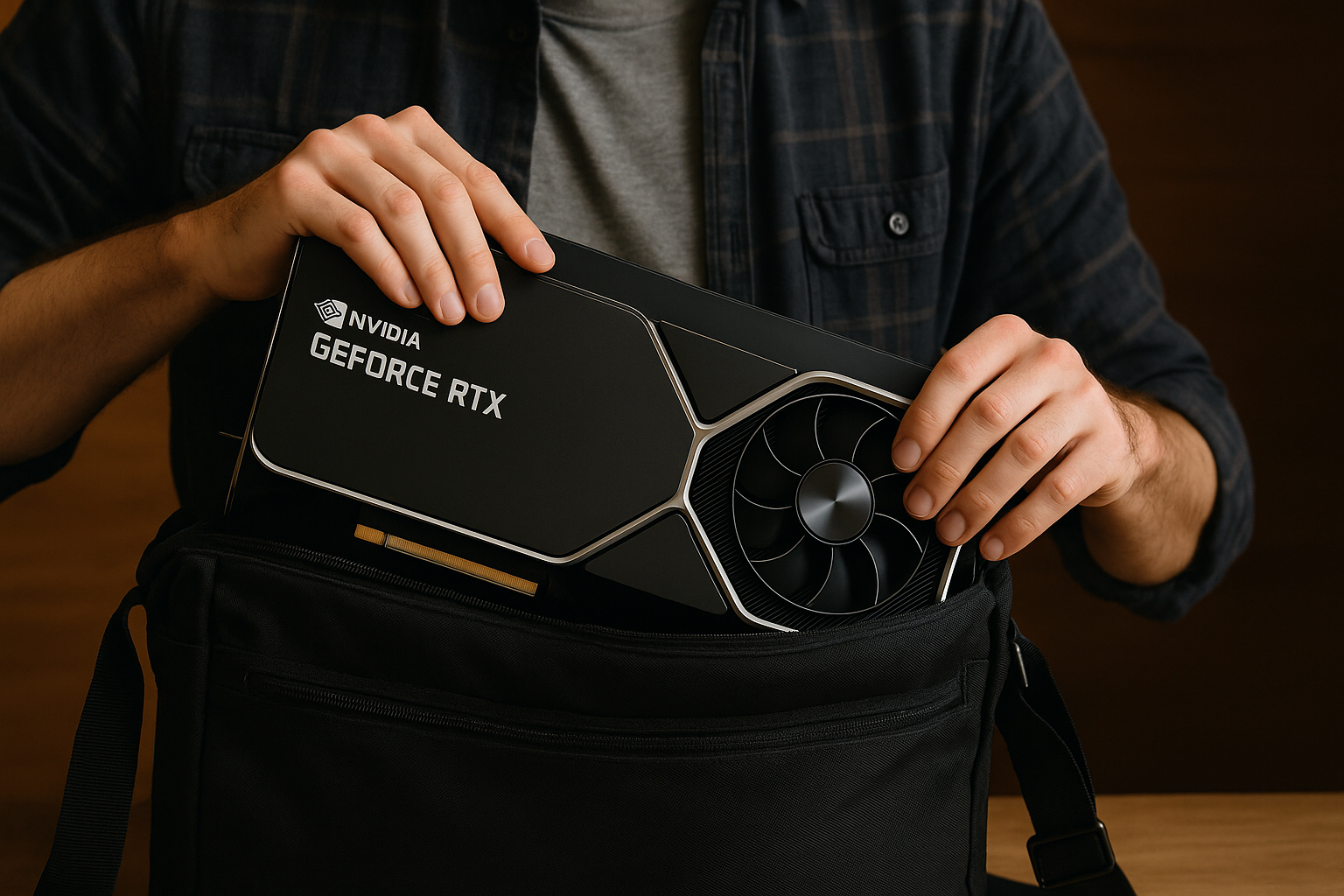The United States is ramping up efforts to stop the illegal export of advanced AI chips—particularly Nvidia GPUs—to foreign adversaries. Amid growing concerns that American-made chips are fueling AI advancements in China, lawmakers are proposing new legislation that would mandate real-time location tracking of export-controlled chips.
According to reports from Reuters and Neowin, the bill would require US authorities to establish a system for verifying the whereabouts of high-performance AI processors after they’re sold. The goal is to stop these components from being rerouted to unauthorized destinations or used without export licenses, especially in nations like China where AI development is considered a strategic threat.
The Bigger Picture: AI as a Strategic Asset
For years, smuggling PC hardware into East Asia has been a low-key issue, but the stakes are now much higher. AI chips like those from Nvidia are critical for training large language models (LLMs) and powering cutting-edge tech in both the private and defense sectors. With reports suggesting that Chinese companies, including LLM developers like DeepSeek, may be using smuggled US chips, Washington is taking notice.
The US government has already imposed strict export restrictions on advanced semiconductors under both the Biden and Trump administrations. Still, Nvidia managed to earn nearly $17 billion—13% of its total revenue—from the Chinese market. The proposed bill aims to tighten those controls further by introducing post-sale tracking.
Why Nvidia Is Under Pressure
Nvidia claims that it currently has no way to trace its chips once they’re sold. But critics—and US lawmakers—aren’t buying that argument. Experts say the necessary tracking technology is already embedded in Nvidia’s hardware, and industry leaders like Google have already implemented similar systems for their own AI chips used in data centers. This raises questions about whether Nvidia is doing enough to prevent diversion.
What the New Law Could Do
If passed, the legislation would require a tracking and reporting framework to be developed within six months. This system would:
- Monitor the location of export-controlled AI chips and devices containing them.
- Flag unauthorized movements or tampering attempts.
- Require incident reporting for any suspicious activity.
- Involve the Department of Defense in developing long-term hardware-based security features.
Longer-term, the law also aims to create more adaptable export control mechanisms—potentially making it easier to do business with trusted countries while locking down access to adversarial ones.
Final Thoughts
With AI playing an increasingly central role in global competition, the US is clearly looking to safeguard its technological edge. The proposed tracking law represents a new layer of oversight—one that might become a standard for future chip exports. For Nvidia and other chipmakers, that means adapting to stricter compliance expectations while navigating the complexities of international trade.
This move may just be the beginning of a new era where chips are not only powerful but closely monitored.
